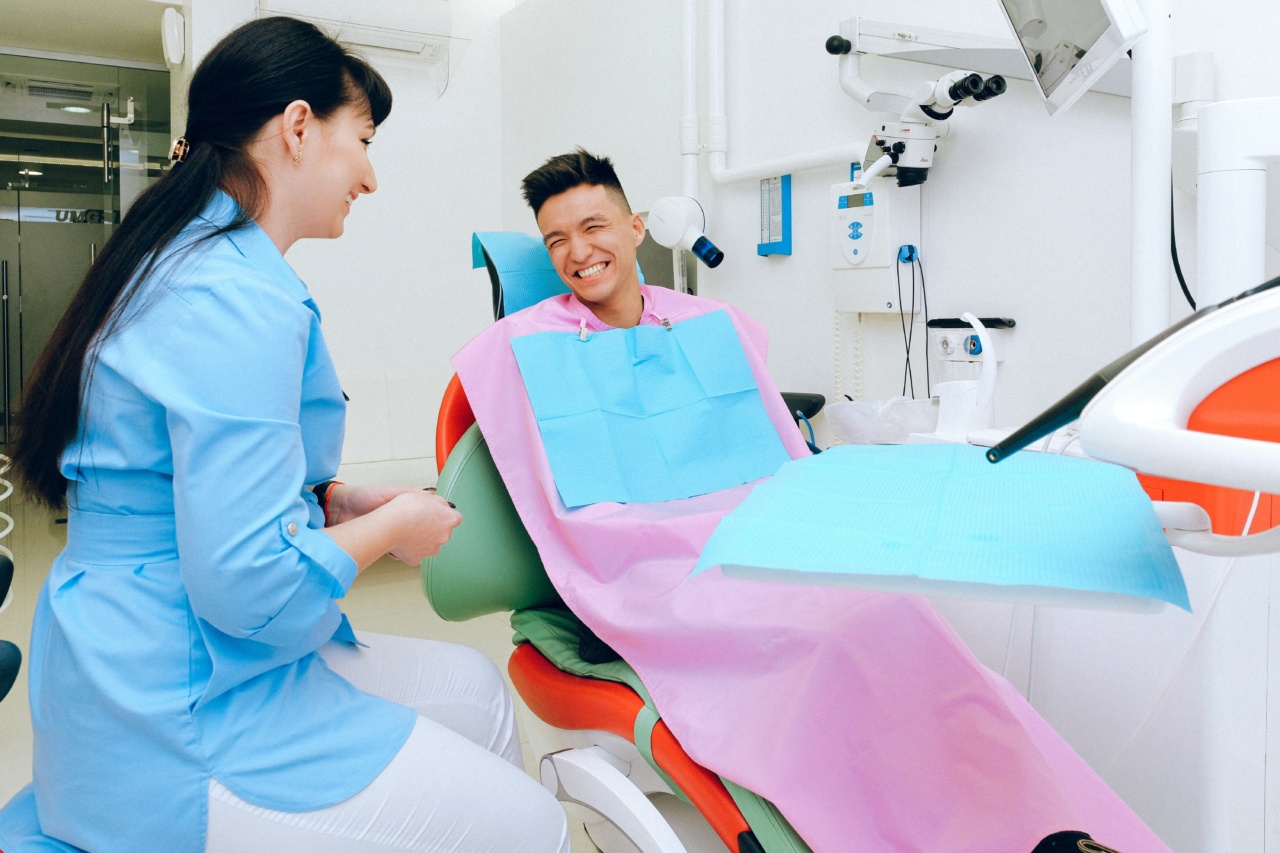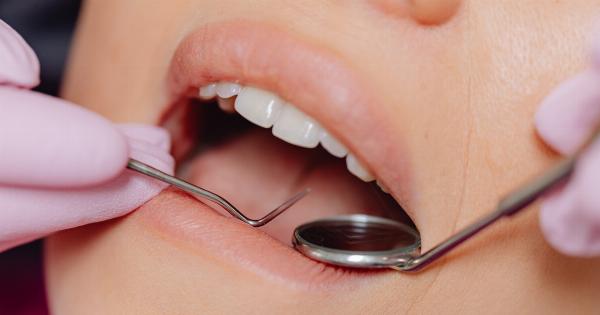Dental procedures such as tooth extraction, root canal, or dental implant placement may require the use of antibiotics before or after the procedure.
Antibiotics are often prescribed to prevent and treat infections that can occur due to the invasion of bacteria into the bloodstream during dental procedures. However, some people may skip taking antibiotics due to various reasons. This article will discuss the dangers of skipping antibiotics before dental procedures, the rationale behind antibiotic use, and the consequences of antibiotic resistance.
Understanding the Rationale Behind Antibiotic Use
The human mouth is home to millions of bacteria, including those that are considered normal and those that can cause disease.
When a dental procedure is performed, such as drilling, scaling, or root planing, some of these bacteria can enter the bloodstream and spread throughout the body. In some cases, this can lead to infections in distant organs, such as the heart, lungs, or kidneys.
Antibiotics are medications that kill or inhibit the growth of bacteria. When prescribed before or after a dental procedure, antibiotics help prevent and treat infections.
Depending on the type of procedure, the patient’s medical history, and the likelihood of developing an infection, antibiotics may be taken orally or intravenously, and for a few days or weeks.
Consequences of Skipping Antibiotics Before Dental Procedures
Not taking antibiotics before a dental procedure can have serious consequences, especially for people who are at an increased risk of developing infections. Some of these consequences may include:.
Bloodstream Infections
When bacteria enter the bloodstream during a dental procedure, they can cause infections in other parts of the body. This is known as bacteremia, and it can lead to sepsis, a life-threatening condition.
People with weakened immune systems, such as those with HIV, cancer, or transplant recipients, are at a higher risk of developing bloodstream infections.
Oral Infections
Infections in the mouth are common after dental procedures, especially if the patient has poor oral hygiene or preexisting dental problems.
Dental abscesses, periodontitis, and dry socket are some of the oral infections that can occur after a dental procedure. These infections can cause pain, swelling, and difficulty eating or speaking. They may also require further dental treatment.
Endocarditis
Endocarditis is an infection of the inner lining of the heart chambers and valves. It can occur when bacteria from other parts of the body, such as the mouth, enter the bloodstream and attach to damaged heart tissue.
Endocarditis can cause fever, chills, fatigue, and heart murmurs. It can also lead to heart failure, stroke, or death. People with heart valve disease or prosthetic heart valves are at a higher risk of developing endocarditis.
Antibiotic Resistance
Skipping antibiotics before dental procedures can also contribute to the development of antibiotic resistance. Antibiotic resistance occurs when bacteria become resistant to antibiotics, making it difficult or impossible to treat infections.
This can occur when antibiotics are overused, underused, or used incorrectly. It can also occur when people do not take antibiotics as prescribed, leading to the emergence of “superbugs” that are resistant to multiple antibiotics.
This can have significant implications for public health, as antibiotic-resistant infections can be difficult and costly to treat.
Conclusion
In conclusion, antibiotics are an essential tool to prevent and treat infections that can occur during or after dental procedures.
Skipping antibiotics before a dental procedure can have serious consequences, including bloodstream infections, oral infections, endocarditis, and antibiotic resistance. It is important to follow the dentist’s instructions and take antibiotics as prescribed. If you have concerns or questions about antibiotic use, talk to your dentist or healthcare provider.





























